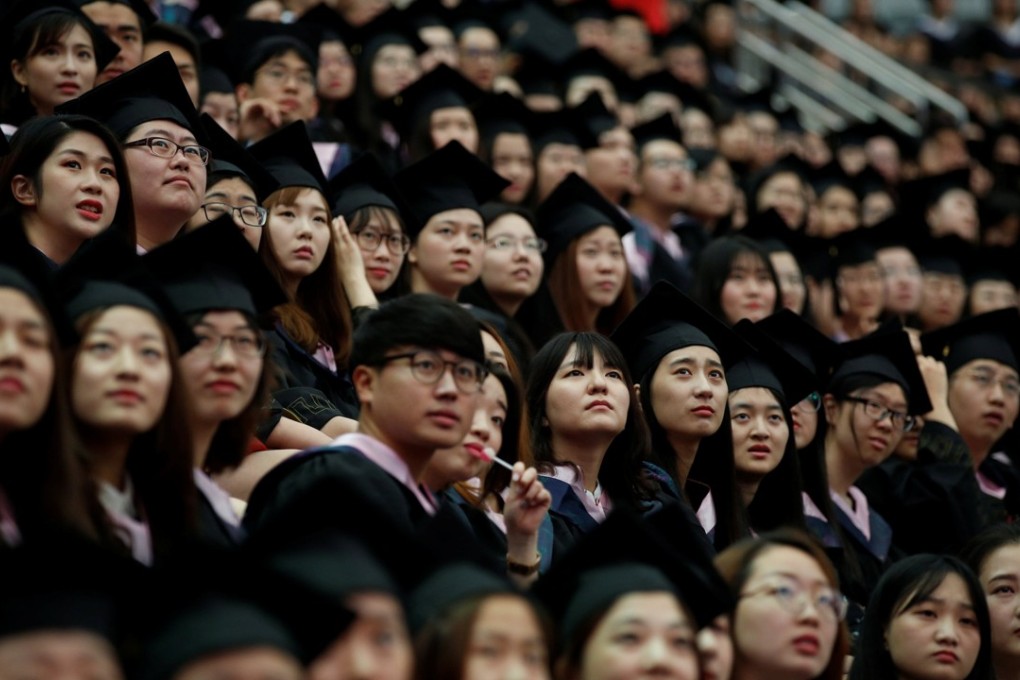Why can’t Chinese graduates speak good English? Blame the teaching methods
Philip Yeung says English-language proficiency will only improve when teachers look past rote memorisation and encourage students to learn how to learn

English is mandatory in the first two years in a Chinese university. But the language is taught bookishly, short on functional skills. College graduation calls for CET (College English Test) level 4 or 6 standards. But employers complain that few graduates are prepared even for the simple tasks of writing or responding to an English email or answering business phone calls, much less conducting trade negotiations with foreign clients. There is talk of dropping English from the required curriculum in some jurisdictions.

China’s rigid college entrance exam is failing the tests of equality and diversity
What has gone wrong? First, there is a singular lack of method. The basic approach is backward – memorising individual vocabulary words and incomprehensible grammar rules. Any effective approach must address two questions: first, how is it that you can understand every word in an English sentence and yet fail to understand its overall meaning? Second, after attaining basic proficiency, why is further progress in English elusive, however hard you study? This is true of many Chinese scholars who return home after decades in the US.